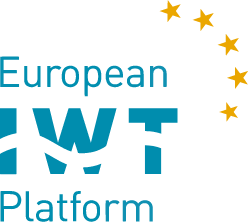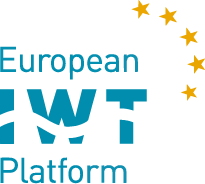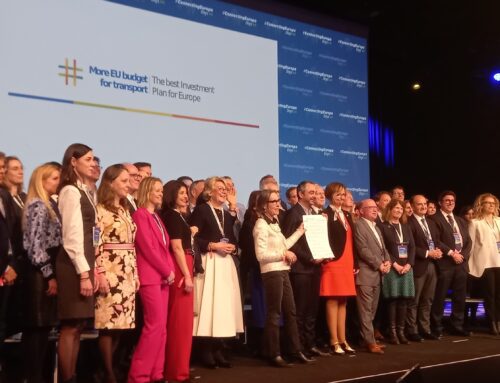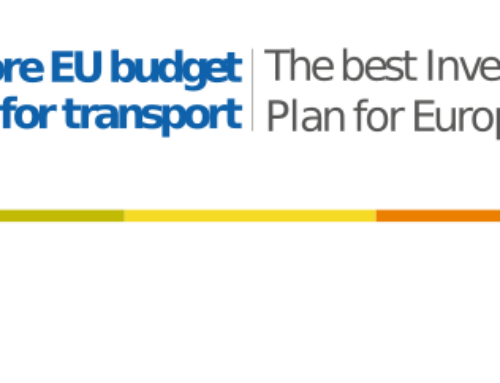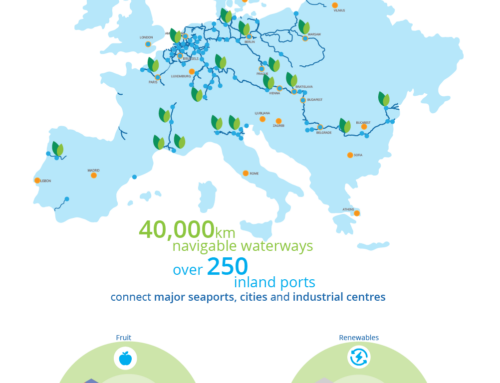We welcome the new German funding program for inland shipping!
The federal government is promoting retrofitting to low-emission diesel engines. It is a sensible addition to the fleet modernisation programme for the inland navigation industry.
The Federal Ministry of Transport is stepping up its efforts to enable inland navigation to switch to particularly environmentally friendly propulsion systems and to contribute to achieving the goals of the Paris Climate Protection Agreement. Recently, on 22 September 2021, the new “Funding Guideline for the Procurement and Installation of Lower-Emission Diesel Engines” came into force. In addition to the engines, the retrofitting of catalytic converters, particle filters and fuel-water emulsion systems will also be funded. The new funding programme came just in time for the start of Germany’s largest inland navigation exhibition in Kalkar that took place on 21-22 September 2021. You can now watch online the S.T.L 2021 Aftermovie (Shipping Technics Logistics).
The Federal Association of German Inland Navigation (BDB) is pleased with this initiative. BDB President Martin Staats (MSG, Würzburg) explains:
“The fleet modernisation programme that came into force in July does not include diesel engines alone. In discussions with Federal Transport Minister Andreas Scheuer, I made it clear that the shipping industry is willing to invest in innovative propulsion systems and engines powered by alternative fuels. We are still dependent on diesel engine, especially in large-scale shipping, until powerful and affordable drive alternatives are available on the market that are ready for series production, the corresponding supply infrastructure is in place throughout Europe and there are clear regulations for the use of innovative vessels. I am therefore pleased that Federal Transport Minister Andreas Scheuer is taking up these suggestions with the new funding programme. In this way, he is supporting small and medium-sized companies in the freight shipping sector in their switch to significantly lower-emission diesel engines. At the same time, this is a sensible contribution to less air pollution and more environmental protection.”
The new programme is a sensible addition to the fleet modernisation programme that came into force in July 2021, even if the funding for diesel engines falls short of the funding amounts of this programme. Depending on the size of the company, the amount of the funding is 40% to 60% of the so-called eligible investment expenditure, i.e. the proven expenses for the purchase of the diesel engine or the exhaust gas aftertreatment system as well as the removal and installation costs. The maximum funding per company is 200,000 euros over a period of three years.
Funding is available until the end of 2022 for the voluntary replacement of diesel engines already in use with lower-emission Stage V engines of the classes IWP, IWA, NRE (up to 560 kW) and engines recognised as equivalent within the meaning of the European NRMM Regulation. The prerequisite for funding is that these engines are equipped with an exhaust gas aftertreatment system and that the emission limits currently to be complied with for new engines are significantly undercut. Exhaust gas aftertreatment systems are eligible if 90% of the particulate matter and 70% of the nitrogen emissions are reduced.
Details of the new directive are available online HERE!
BMWI summary is available online HERE!
Additional information:
The aim of the funding guideline is to accelerate the sustainable development of the inland waterway fleet by replacing older, still operational diesel engines with new diesel engines that exceed the Stage V emission limits. The German fleet of almost 3,500 inland navigation vessels has a high average age. A total of about 12,000 main propulsion, auxiliary propulsion and ship’s engines are in use on these inland waterway vessels. Since inland navigation engines last for decades if well maintained, it can be assumed that about 75 % of the German inland navigation fleet still operates with engines from the years before 2003. The end of the economic life of old diesel engines that are still technically functional has often not yet been reached, so there is no need to replace them, while the impact on the environment and climate can be significantly improved with new engines. The directive serves as an incentive for inland navigation companies that do not have sufficient equity capital to invest in lower-emission diesel engines. The Federal Ministry of Transport expects that with the help of this funding, around 600 engines can be replaced by the end of 2022.
